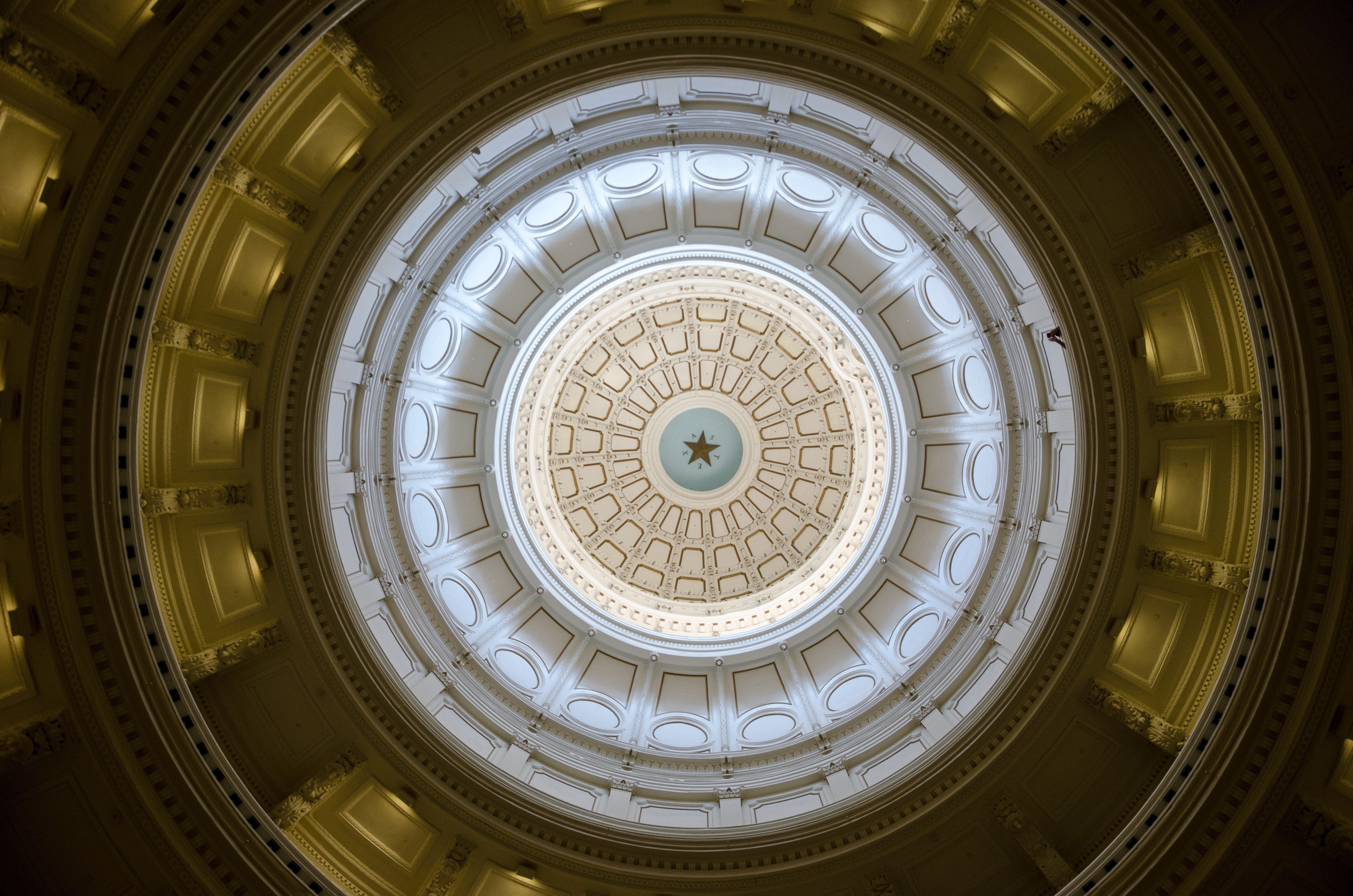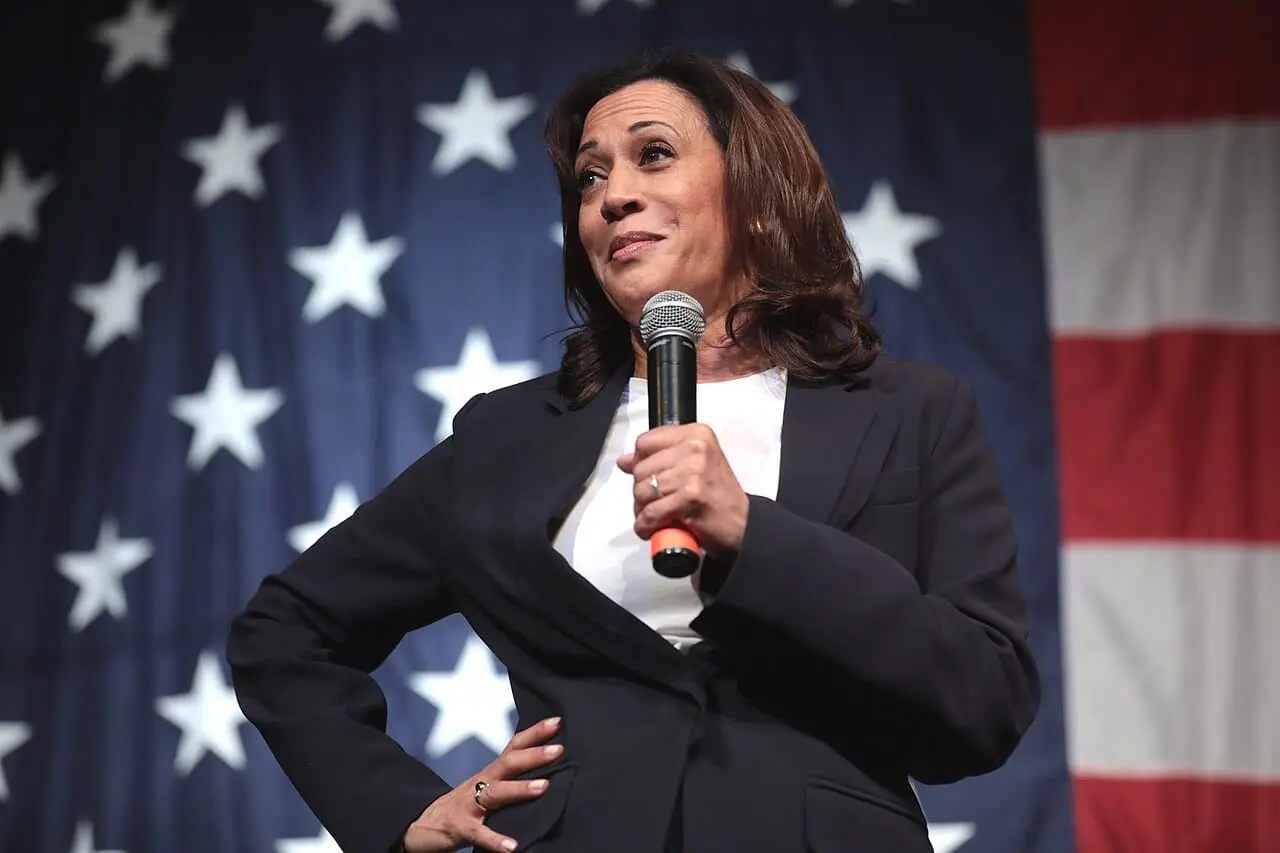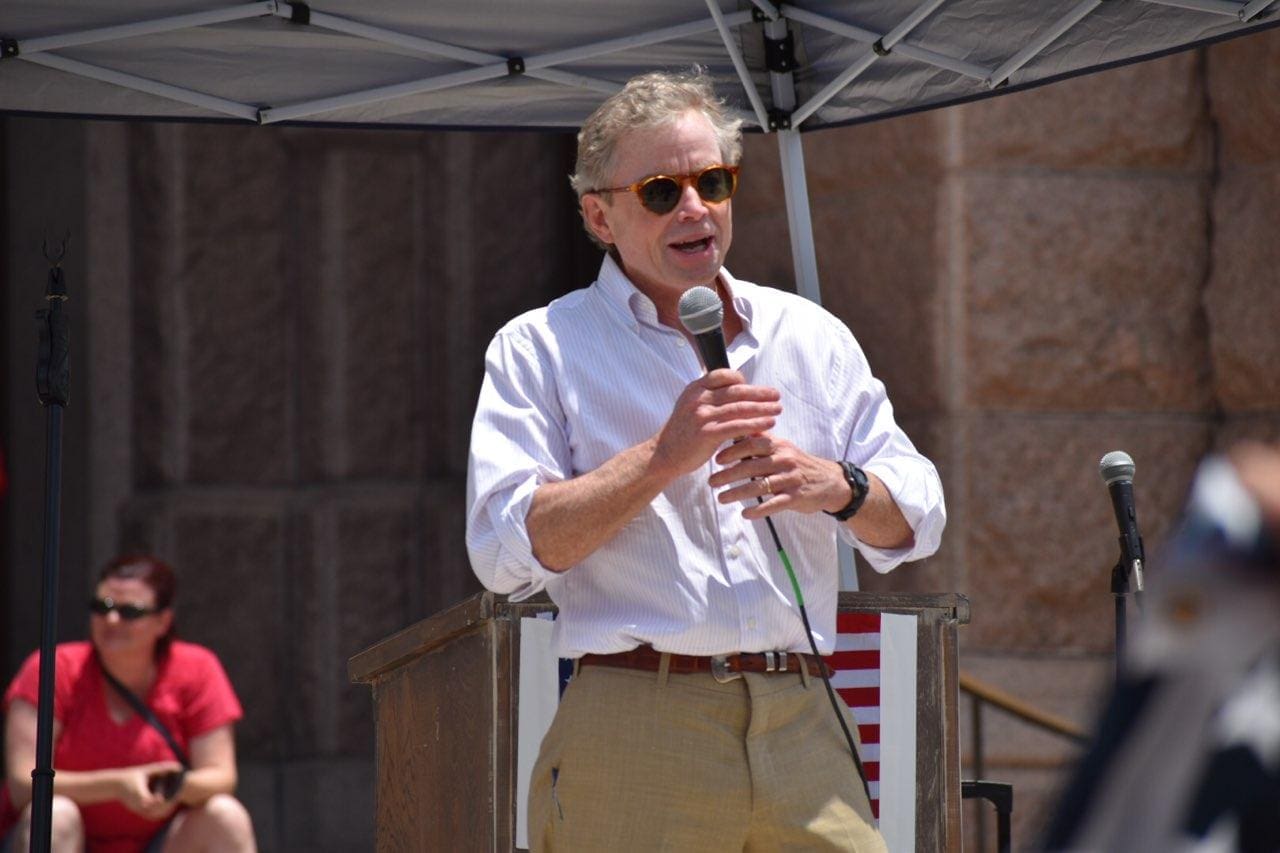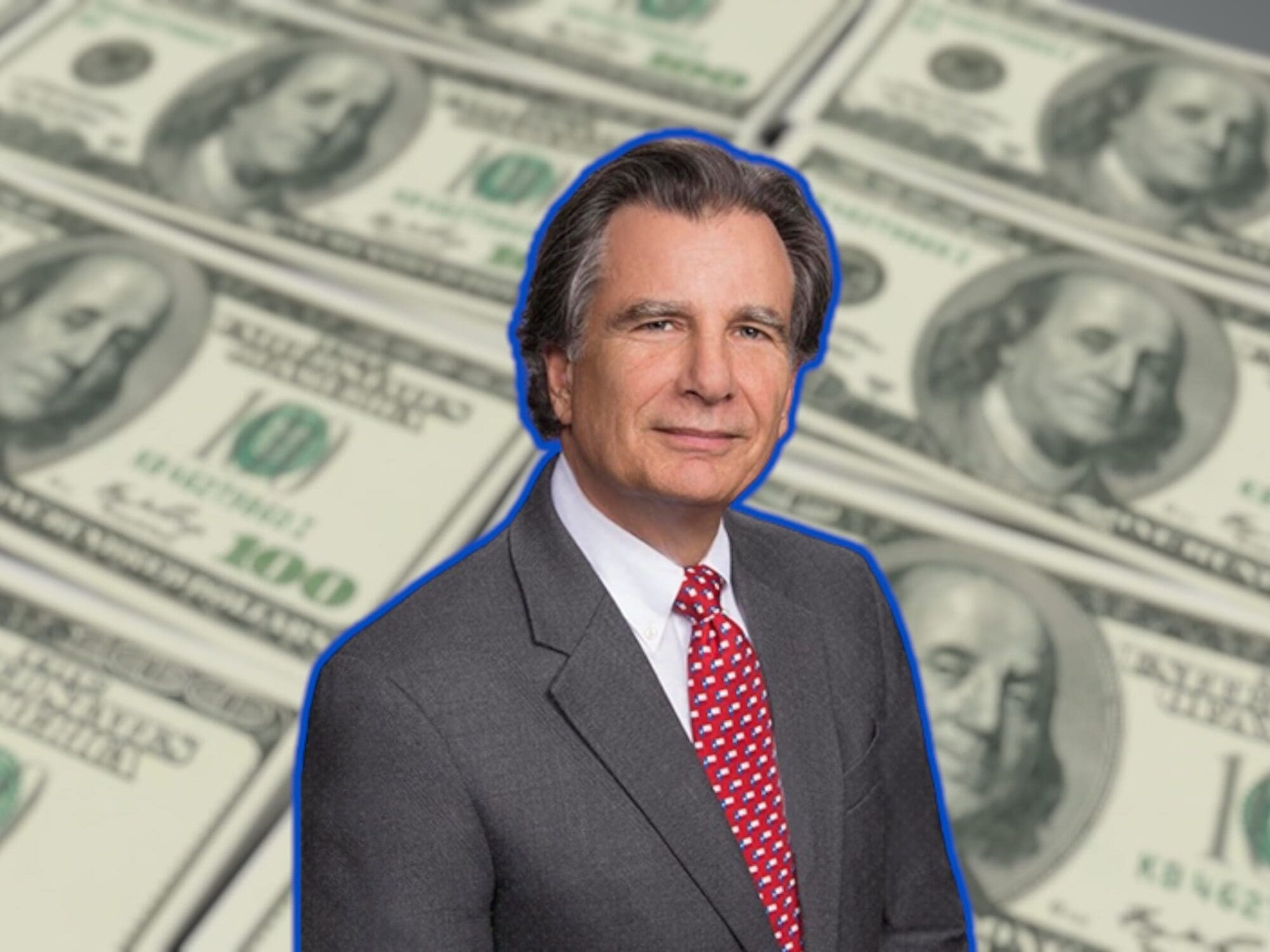A long-standing practice in the halls of the Texas Capitol, taxpayer-funded lobbying refers to cities, counties, and other local governments or taxing entities spending taxpayer funds to lobby the legislature. Often, it is done in an effort to take on pro-taxpayer policies such as property tax relief and reform or measures of increased accountability and transparency.
Perhaps this truth was no more evident than last legislative session when lobbyists representing cities, counties, and other local entities swarmed the Capitol to oppose the session’s marquee property tax reform bill: Senate Bill 2.
For the past few years, banning taxpayer-funded lobbying has been a legislative priority of the Republican Party of Texas, and in March of this year, nearly 95 percent of Republican primary voters in Texas supported a proposition to call for completely ending taxpayer-funded lobbying.
Not reform. Not regulation. They supported a complete abolition of the practice.
So what happened last session when legislation to end taxpayer-funded lobbying was filed in the state legislature?
In the House, legislation to end the practice was filed by State Rep. Mayes Middleton (R–Wallisville). State Sen. Bob Hall (R–Edgewood) filed a similar bill in the Senate. When Gov. Greg Abbott publicly came out in support of ending the practice, the hopes of Texas taxpayers were raised even higher as it seemed that this longtime priority would finally be addressed.
After both chambers’ bills were heard in their respective committees, the Senate passed Hall’s bill—Senate Bill 29—despite State Sen. Kel Seliger (R–Amarillo) joining every Democrat in the Senate in opposing the bill.
When the bill was sent to the Texas House, however, its fortune began to change.
As originally filed, SB 29 would have banned the practice across the board, prohibiting counties, cities, school districts, and other local entities from spending taxpayer dollars for the purpose of lobbying the state legislature.
But when the bill was sent to the House, lawmakers began the process of gutting the bill irreparably and in spectacular fashion. The committee substitute, drafted by State Rep. Drew Springer (R–Muenster), reduced the scope of the bill to something limiting the number of topics a registered lobbyist (paid by a taxing entity) could lobby the legislature on, leaving the floor open for taxing entities to continue the egregious practice.
Then Middleton, who sponsored the legislation when it came over to the Texas House, offered an amendment to weaken the legislation even further by removing the prohibition on hiring lobbyists for schools at the behest of House leadership.
Additionally, Middleton’s amendment allowed cities and counties to pay dues to chambers of commerce that engage in lobbying. The amendment also clarified that employees of cities and counties could be paid to come to Austin to testify on legislation and be reimbursed for expenses.
In short, no longer would the legislation abolish taxpayer-funded lobbying. Instead, it simply added some regulations.
That wasn’t the end of the story for the bill, however. Before the amendment was adopted, State Rep. Trent Ashby (R–Lufkin) argued for lawmakers to limit the scope of the bill even further by exempting counties with a population of fewer than 250,000, leaving only around 20 of the state’s 254 counties subject to the provisions of the bill.
According to Ashby, “rural” communities like Midland and Waco needed to be free from the restrictions in the bill.
Though Middleton objected to Ashby’s amendment, Democrats and a group of Republicans teamed up to pass it 90-54, taking a firehose to the already watered-down bill.
Middleton then attempted to withdraw his amendment, now tainted even further with Ashby’s population exemption, but was informed by House Speaker Dennis Bonnen that he would not be allowed to make that motion.
Middleton then took the extraordinary action of urging members to vote against his own amendment, but to no avail; it was approved 81-59.
With a gutted bill that now failed to accomplish its objectives, lawmakers in the Texas House made one final move to assure the measure was killed for the session, officially voting it down 58-85.
Since the legislative session ended last year, however, the issue has not disappeared. Indeed, numerous officeholders—including State Rep. Dade Phelan (R–Beaumont), the front-runner to become the next speaker of the House—have pledged to ban taxpayer-funded lobbying.
With Texas voters electing to keep a Republican majority in both chambers of the state legislature, the eyes of Texas will be on lawmakers to see whether a bill to completely ban the practice will be passed, or if they will simply pass reform that tinkers around the edges.





